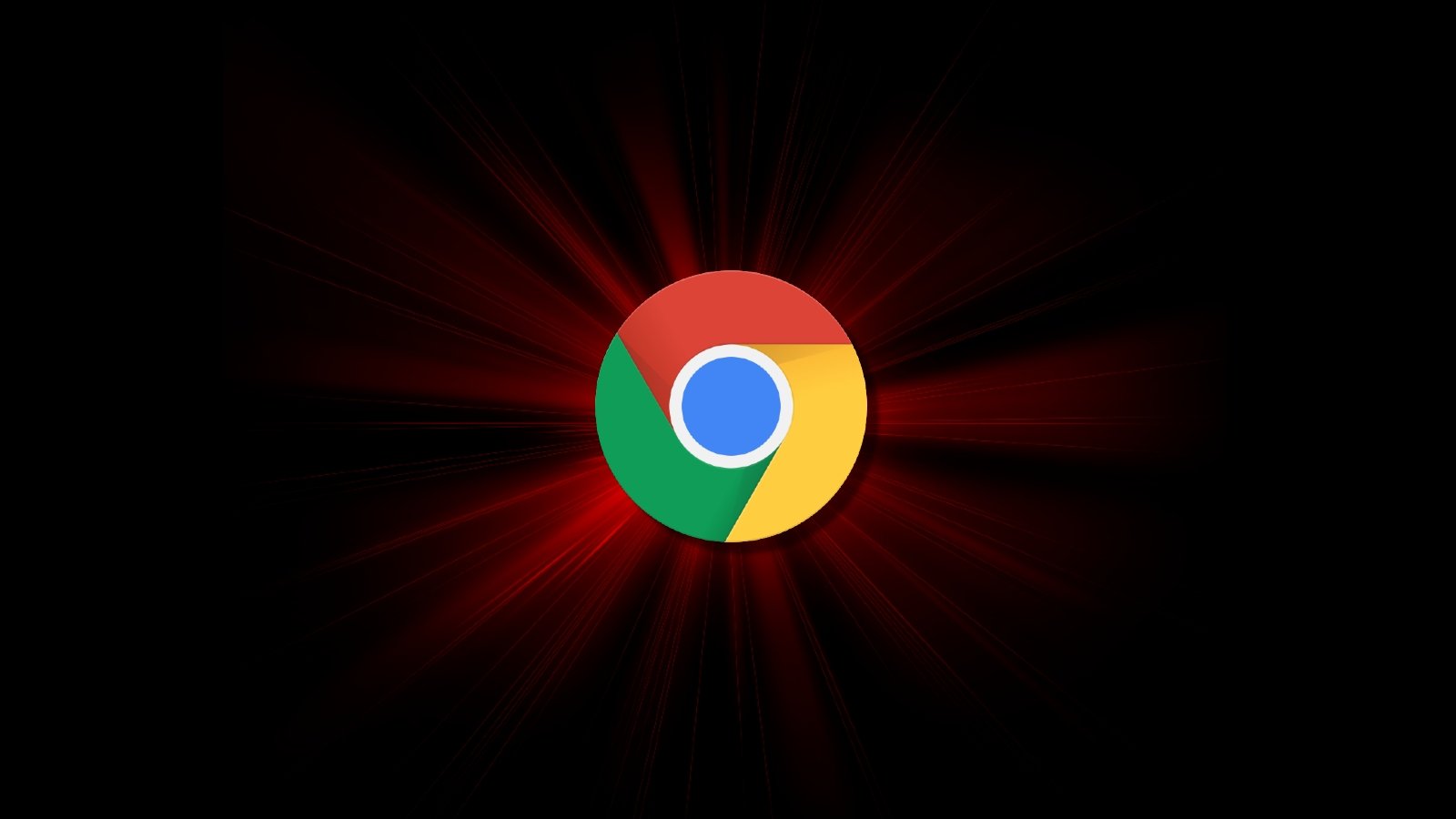Google’s Chrome Web Store is now warning that the uBlock Origin ad blocker and other extensions may soon be blocked as part of the company’s deprecation of the Manifest V2 extension specification.
“This extension may soon no longer be supported because it doesn’t follow best practices for Chrome extensions,” reads the Chrome Web Store page for uBlock Origin.
The warning includes a link to a Google support bulletin that states the browser extension may be disabled to protect users’ privacy and security.
“To better protect your privacy and security, Chrome and the Chrome Web Store require extensions to be up-to-date with new requirements,” reads Google’s support bulletin.
“With this, Chrome may disable extensions that don’t meet these requirements.”
Site: BleepingComputer
The new warnings were first reported today by users on X, who saw a different message on the Chrome Web Store stating that the extension is no longer available.
However, BleepingComputer was not shown this alert on numerous browsers and devices, instead seeing the one shared above. It is not clear if the original message appeared by mistake and switched later to the current one.
The new alert recommends users switch to a different ad blocker that supports Manifest V3, such as Hill’s uBlock Original Lite and other ad blockers. Many Chrome users are now saying they will switch to other browsers if uBlock Origin is blocked.
There is nothing insecure about uBlock Origin and likely other extensions that are showing this alert. Instead, this warning is being displayed as part of Google’s ongoing deprecation of the Manifest v2 (MV2) extension specification, which uBlock Origin uses.
In August, Google started warning users directly in the browser that the extension may soon be disabled and that they should find alternatives.
Source: BleepingComputer
At the time, uBlock Origin lead developer and maintainer Raymond Hill explained that these warnings are the result of Google deprecating support for the Manifest V2 (MV2) extensions platform in favor of Manifest V3 (MV3).
“uBO is a Manifest v2 extension, hence the warning in your Google Chrome browser. There is no Manifest v3 version of uBO, hence the browser will suggest alternative extensions as a replacement for uBO,” Hill explained in August.
“uBO Lite (uBOL) is a pared-down version of uBO with a best effort at converting filter lists used by uBO into a Manifest v3-compliant approach, with a focus on reliability and efficiency as has been the case with uBO since first published in June 2014.”
These Chrome Manifest versions are specifications for building Chrome extensions that outline the rules, permissions, and APIs developers must follow and use.
In 2019, Google announced that Manifest V2 would be deprecated in favor of a Manifest V3 extension specification, which first started rolling out with Chrome 88 in December 2020.
However, the new Chrome Manifest V3 introduced significant technical challenges for extension developers, especially those requiring greater control over web browser functions such as ad blockers, forcing them to create new extensions with limited capabilities (like Hill’s uBlock Origin Lite).
While uBlock Origin Lite may work fine for some users, those who require advanced filtering or when visiting specific sites, may find that they have a more limited experience. uBlock Origin’s developer created a FAQ explaining the differences between the uBlock Origin Manifest V2 extension and the new uBlock Lite Manifest V3 version.
Even after Manifest V2 is deprecated, users can continue to use the Manifest V2 extension until June 2025 using the ExtensionManifestV2Availability policy. This policy allows the enterprise and other users to control Manifest v2 extension availability on Linux, Mac, Windows, and ChromeOS.
As uBlock Origin continues to work as usual on Firefox, and Brave Browser and Vivaldi say they will continue to support Chrome Manifest V2, users can still find both Chromium-based browsers and alternatives that support the popular content filter and ad blocker.
Source link
